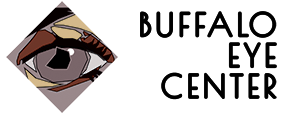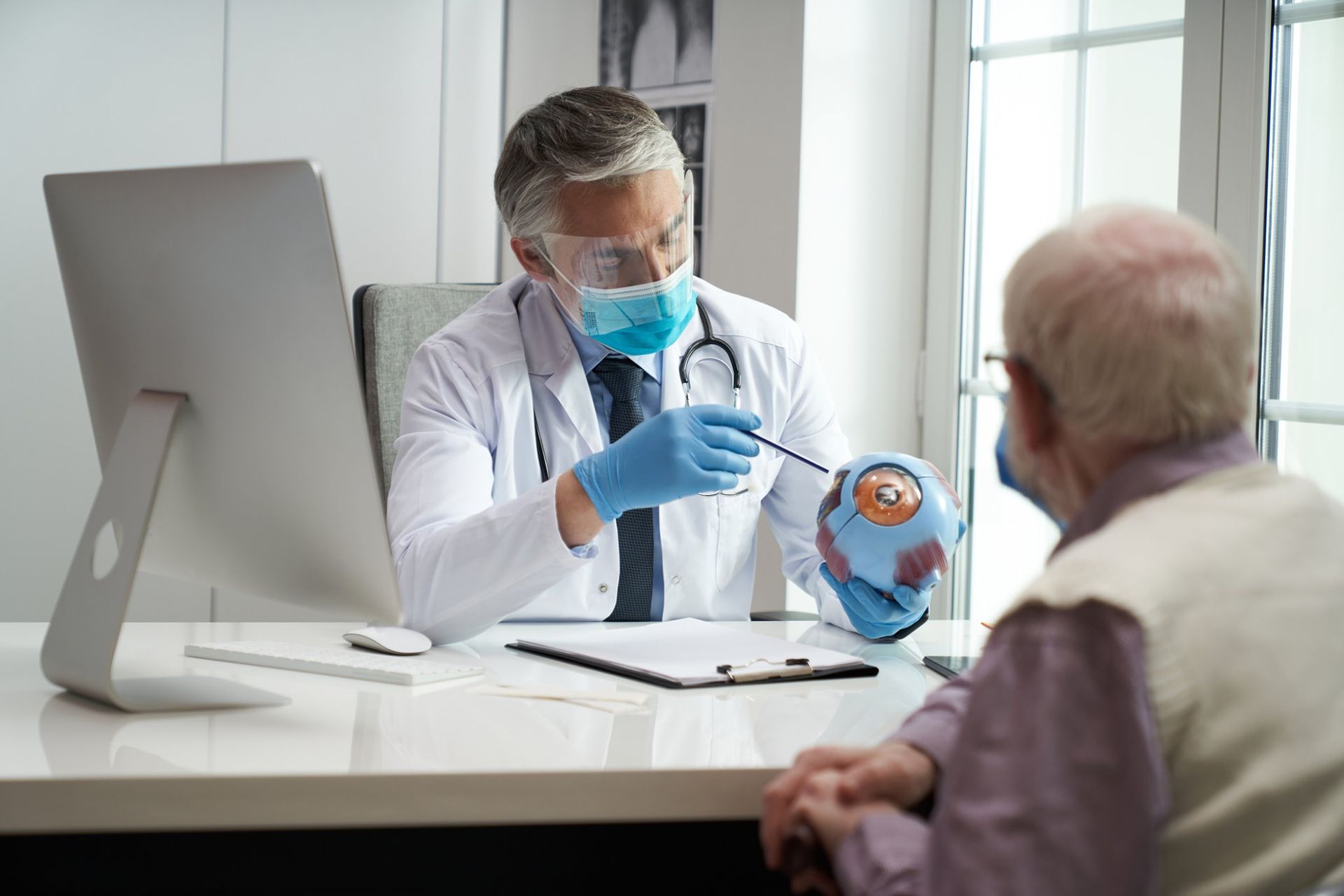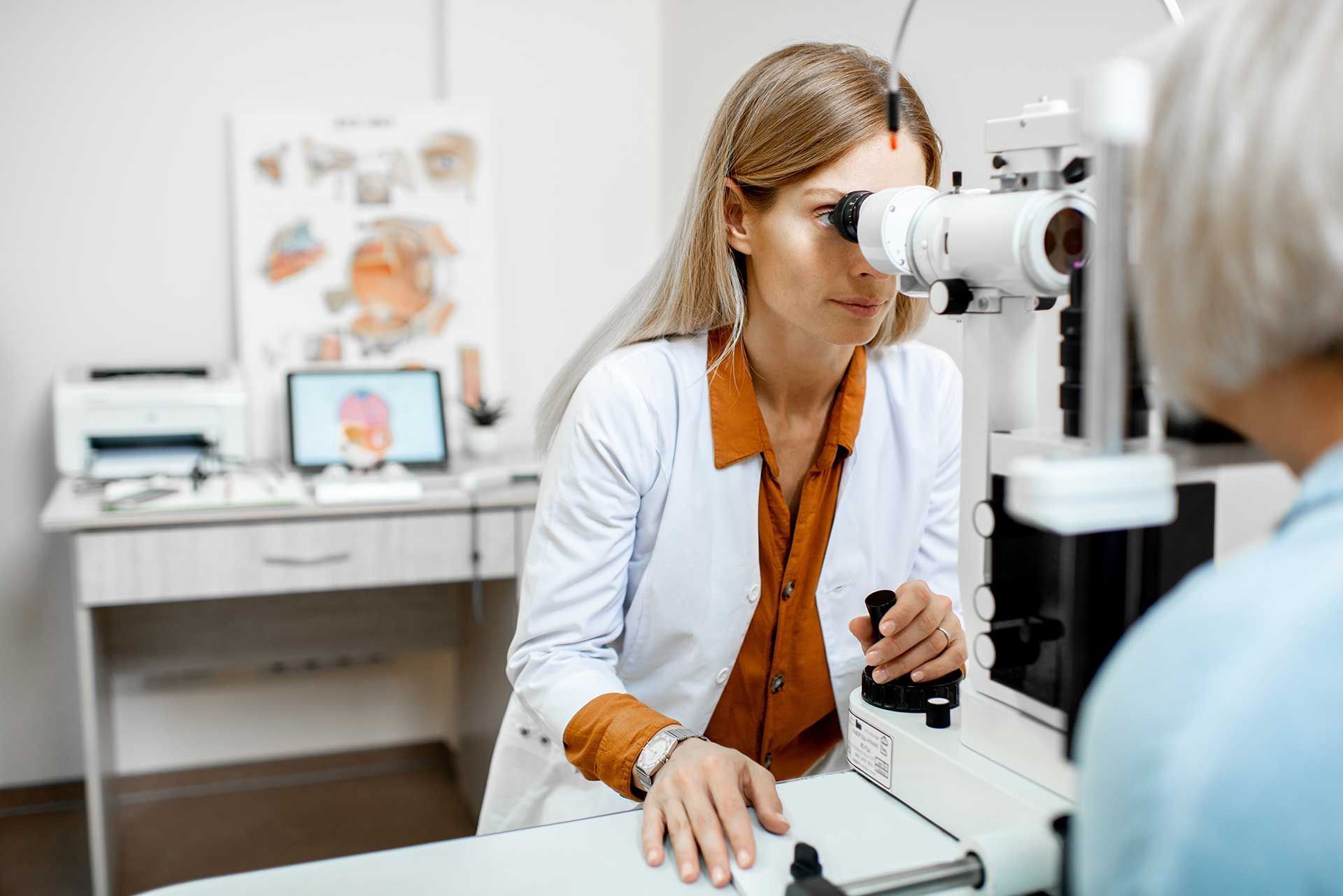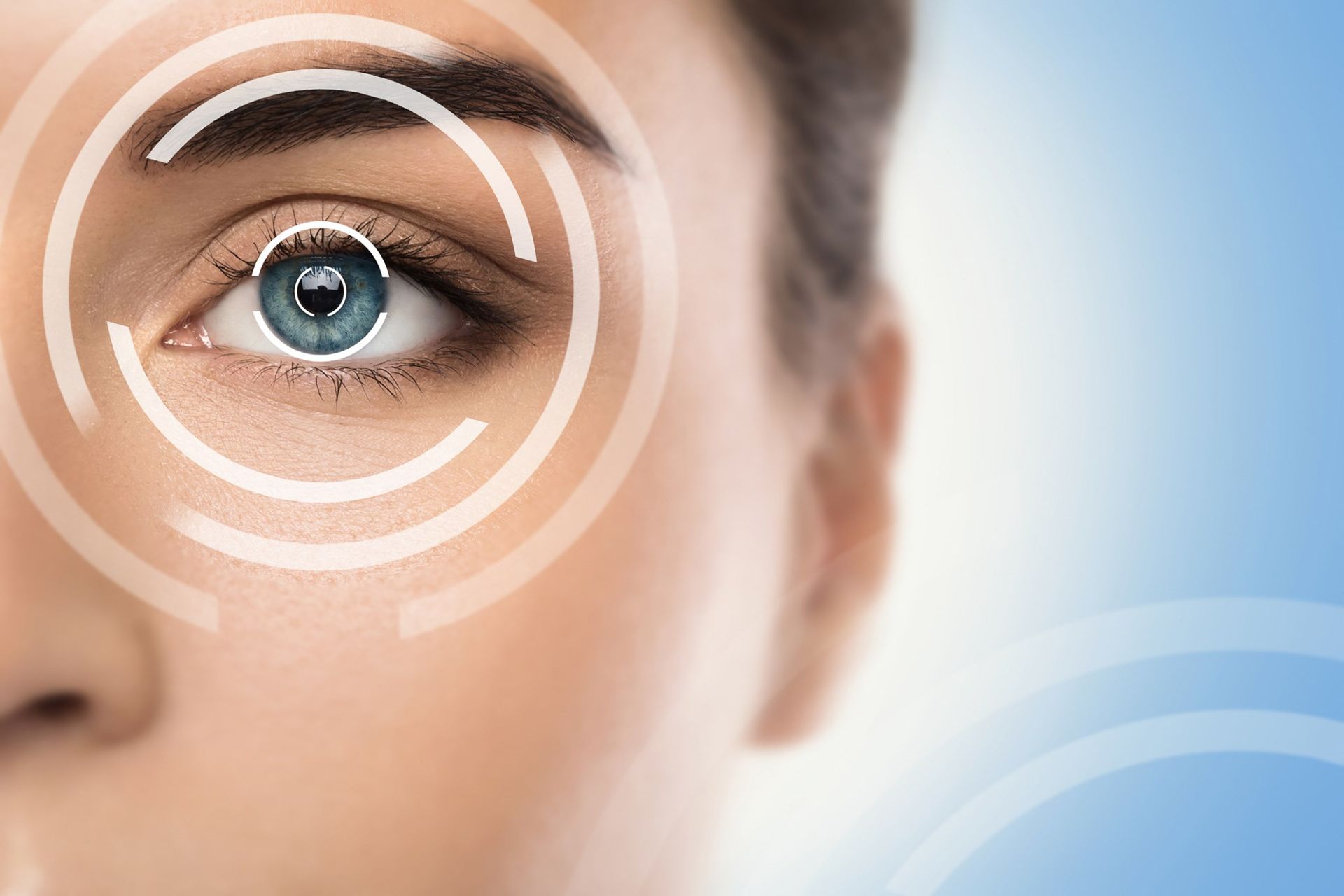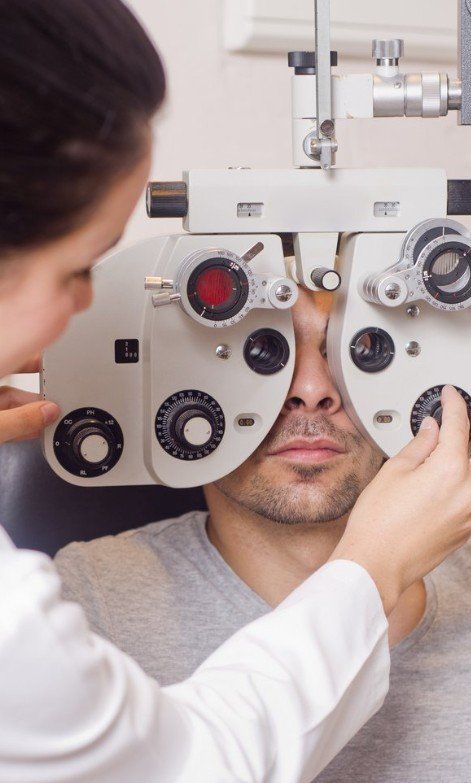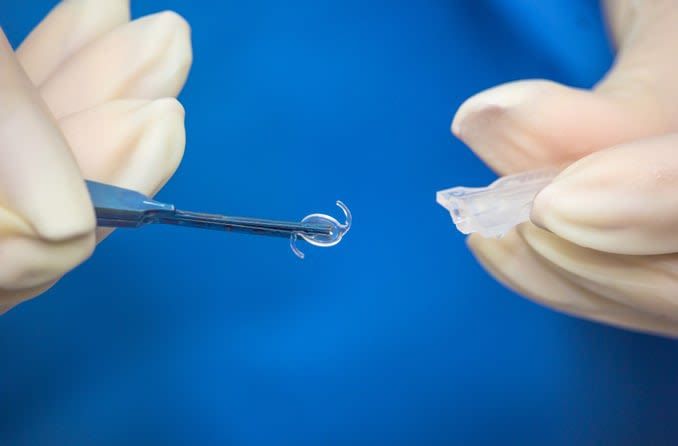The Importance of Regular Eye Exams
October 13, 2020
Why Regular Eye Exams are Important
Regular visits to the eye doctor are a critical part of any healthy lifestyle - regardless of your current ability to see. Both adults and children should be having regular eye exams to ensure that they are able to see as best as possible.
Not only do regular eye exams give your eye doctor a chance to help you correct or adapt to vision changes, but an eye exam is also one of the best ways to protect your vision because it can detect eye problems at their earliest stage - when they’re most treatable. During an eye exam, an eye doctor is able to check for signs of eye diseases or chronic conditions that can affect not only your vision but your overall health (such as diabetes or glaucoma).
Why You Should Have Regular Eye Exams
- Vision changes can have a profound effect on your day-to-day life, and it is important to identify and treat these common issues. A comprehensive eye exam with pupil dilation can detect systemic conditions well before you experience other symptoms.
- Some eye diseases only show symptoms when the condition is advanced. A comprehensive eye exam provides the full assurance of vision and eye health that an in-store sight test or a school vision test cannot.
- Eye exams are critical because many vision-threatening eye diseases such as glaucoma, macular degeneration, cataracts, or diabetic retinopathy have no or minimal symptoms until the disease has progressed.
- If you notice problems with your eyes such as red eyes, eye allergies, dry eyes, eye swelling, or eye pain, always contact an eye doctor since they are specifically trained to treat eye diseases.
What Does an Eye Doctor Check for During the Eye Exam?
During an eye exam, the health of your cornea and iris are checked using a slit lamp microscope. Your eye pressure is checked to determine if you are at risk for glaucoma. After inserting dilating drops, your doctor will check the health of your retina and look for problems like macular degeneration, cataracts, retinal detachments, and other complications. Our eye doctor will also check these factors:
- Visual sharpness
- Color vision
- Eye muscle balance
- Gross visual field
- Refractive error, or your eyeglass prescription
Eye Care Services in Buffalo, Kenmore & Tonawanda, NY
Eye doctors play an essential and ongoing role in ensuring the health of you and your family. Having an annual eye exam
is one of the best ways to keep up with your vision and overall eye health. If you are in the Buffalo, Kenmore, or Tonawanda area, give us a call
today to schedule an eye exam.
